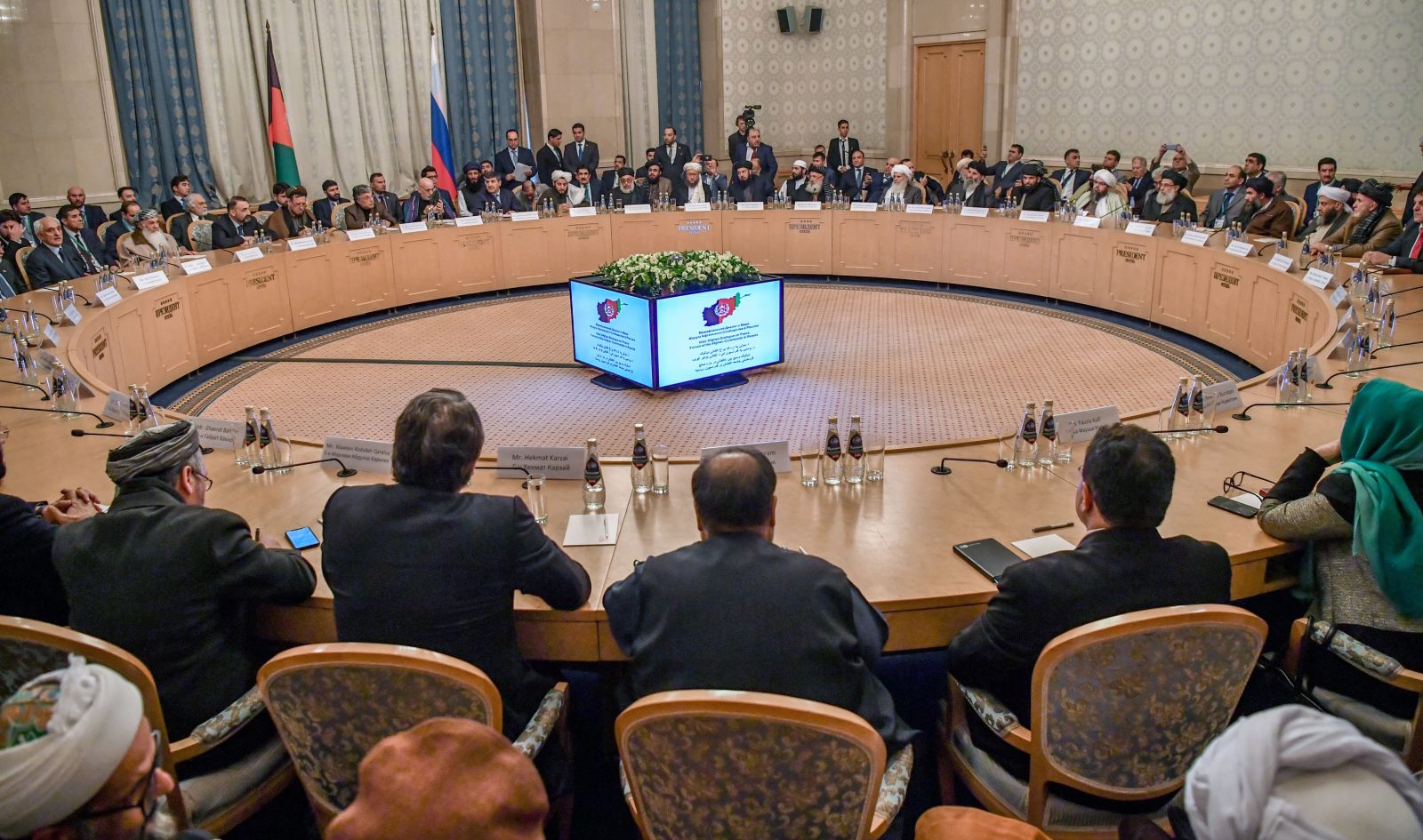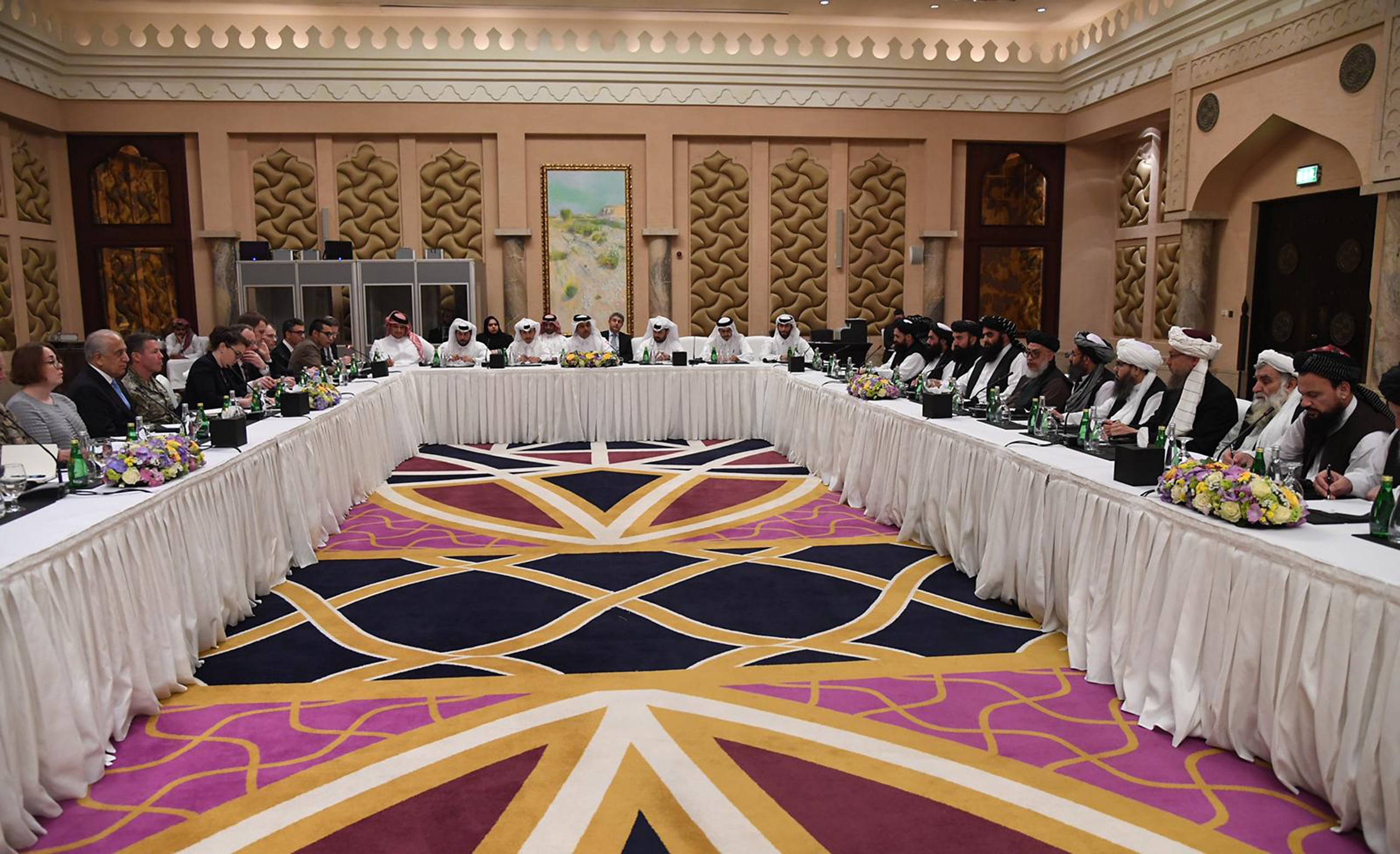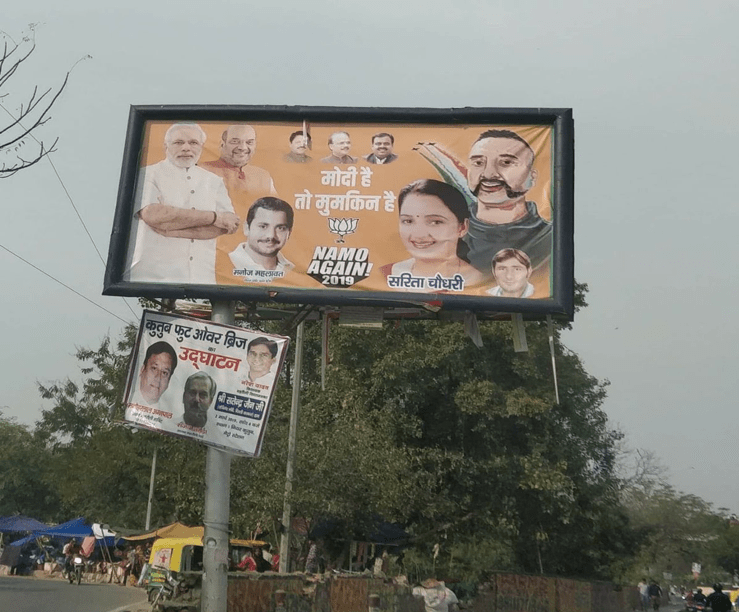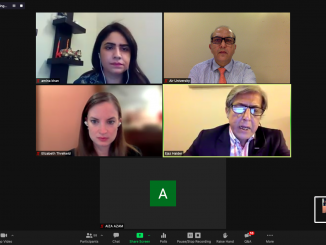 Source: AFP
Source: AFPSalma Malik
Afghanistan once again lives up to its part-legend part-mythical reputation of unceremoniously ousting foreign invaders. Whether it was the documenting of the fatal siege of Kabul Residency that heralded an important episode of the second Anglo-Afghan War of 1878-80, or the Soviets a century later, the Western powers after decades’ long engagements sought an honorable exit.
In 1879, the valiant (read foolhardy) defense was put up by a newly installed political resident Lord Cavagnari and his legendary lieutenant Wally Hamilton, who with less than hundred soldiers fought to death a mutinous assembly of 2000 Afghan soldiers and their cahoots. Unlike the heroic textbook version, ironically these Afghan soldiers were not fighting for the liberation of their homeland, but the spoils reportedly stored inside the Bala Hisar Fort. Lord Cavagnari, arrogant about his Whiteman superiority, dismissed his risaldar major’s cautionary words on the impending danger through this famous exchange, “Never fear. Keep up your heart, dogs that bark don’t bite!” to which the risaldar insisted: “But these dogs do bite. Sahib, the residency is in great danger!”, and in response Cavagnari said, “They can only kill the three or four of us here, and our deaths will be avenged.” His last telegram that posthumously reached the viceroy Lord Lytton read, “All is well in the Kabul Embassy.”
This old account is both fascinating and prophetic. More than a century back, the British after suffering fifteen thousand plus casualties collectively in three wars, made face saving arrangements and left the bulk of Afghan problematic legacy for the successor states, basically for Pakistan to handle. Fast track to the 1980s, post-Geneva accords, both the vanquished and the victor (Soviets and the Americans) made an abrupt exit, with not less than 15000 Soviet soldiers killed, conveniently disregarding the festering wound left open for others, (once again Pakistan primarily) to administer. Since invading Afghanistan in 2001, to date the US casualty count alone is 2,312, with more than 20,000 wounded. A conservative account that does not cover the casualty count of allied military, nor the economic cost or the overall socio-political dynamics for all concerned. Mindful of this, Barak Obama at his investiture, promised the American nation a withdrawal from Afghanistan, drawing up an exit plan by 2014, which failed to come through. Now, the Trump administration plans the final exit from Kabul, but unlike the earlier times, the stakes are much higher than before. With motley of external actors vying for the spoils, domestic spoilers and actors nurtured and seasoned by decades of conflict, beneficiaries of a rentier culture which is mutually advantageous to all stakeholders involved, there is little space for a poorly executed and hasty exit.
Since July 2018, the US had been in talks with the Taliban, however as an early Christmas surprise, the US President trumpted his decision to pull out roughly 7000 troops, about half the number US has in Afghanistan in the coming months from the country. Though characteristic of president Trump, this announcement came as a shocking surprise to all concerned, primarily the Afghan government, which scrambled to fashion some face-saving, by declaring it inconsequential. Yet, the inside picture was that of alarm and consternation over a probable hasty agreement between the Taliban and the US that would not only jeopardize the seventeen -year old struggling democracy, but leave out in the cold the current generation of governors and civil society, who have tried against all odds to build a modern and moderate state of Afghanistan. Plagued by rampant corruption, lack of grassroot inclusivity, a strong culture of appeasement, which koshered drugs, warlordism and strengthened a strong informal parallel economy, has conveniently been overlooked and consequently conceded by the US in pursuit of larger yet elusive gains.

All this has proved too daunting for Afghan institutional infrastructure to build up and develop strong roots, the worst example being that of the Afghan security forces which despite active US support continues to struggle and stands no match to the Taliban militia. Voicing the Afghan apprehensions, analyst Haroon Mir stated that such a withdrawal, will not only strengthen Taliban’s position in the peace negotiations, but also precipitate political chaos in Kabul, as regional powers would unsuccessfully seek to fill the vacuum left after US exit, and ultimately, history will repeat itself.” Seeking to allay the Afghan fears, the US special envoy Zalmay Khalilzad in his talk at USIP, termed the withdrawal as part of a larger peace package that would in the initial stages run on parallel tracks with the Taliban and the Afghan government, but would later merge and lead to an honorable and just peace settlement. Cognizant of the domestic complexities, the US envoy has also been visiting regional capitals for building consensus.
Apprehensions surrounding this honorable, “inclusive” and comprehensive withdrawal cum peace plan are more than justified. As stated at the onset, each time the Western powers have intervened in Afghanistan, not only have they been arrogant about their military and strategic superiority, but have always been very poor readers of the local dynamics and nuances of the place. The abruptness of the decision, though a hallmark of Donald Trump, not only reverses, whatever little progress made in Afghanistan, it actually legitimizes the Taliban, who had in these seventeen long years bided their time and had “fun” with the “invading powers”. The current domestic actors are agitated as well as worried about their future. Initially living out of suitcases, many have invested their future in building an Afghanistan which now appears elusive. It also has the regional powers scrambling for establishing their position and securing their interests in the country. For the Central Asian neighbors, an Afghanistan dominated by the Taliban means persecution of ethnic minorities, refugee spillover and violent troubled borders. For the emerging world power China and the resurgent Russia, it is a combination of power politics, their material investment in the rich resources in the shape of copper, iron, oil & gas, gold, gemstones and lithium at Aynak, Hajigak, Shebergan, and Balkhab, Badakhshan, and Nuristan respectively. A double edged sword, which has the Americans, the Europeans, the Indians and many others equally involved, their resource quest has and will not add to the stability of future Afghanistan. Add to this game of thrones, the local stakeholders and the chemistry is disastrous.
Americans through their soft talk are seeking an honorable exit for themselves, with no long term plans for Afghanistan. Not because they do not care, but because they do not have any. Today they sit and negotiate with the same “good” Taliban leadership which Pakistan had many a times suggested, and whom they had brutally persecuted. The Taliban too on the other hand are no innocent players, yet there is also a generational leap. What Americans and the world courts today is a politically seasoned, more confident and pragmatic leadership, indulging in nuanced conversation with any and all. Legitimized as the main stakeholders of Afghanistan’s peace, they enjoy the irony of fate and their ten minutes of fame. A notion that makes the western propped Afghan democrats extremely uneasy.
Lastly, for Pakistan, let us not be under any illusions that with Taliban as the dominant political actors, relations with our Western neighbor will undergo a sea change. Even during the Taliban’s brief but highly controversial stint in Kabul, the affinity and goodwill remained problematic. We have to shun the monochromatic lens of Strategic Depth, which has run its course and finds very few domestic takers. The new generation of Taliban does not share the same affinity as its predecessors and the post 9/11 scenario has brought in newer dynamics. India, Iran and other actors have invested and developed deep links with the Taliban, who like the Cavagnari’s mutineers, are as much an economic and political power seekers as their adversaries.
What should Pakistan do? Watch and act prudently. Neither overreact, nor invest in a single stakeholder. Pakistan faces many battle fronts both internal as well as external, with India in a consistent Kautilyan mindset through hybrid warfare strategy and now the crisis escalation to malign and keep Pakistan unstable and weak. What Islamabad needs is more friends, economic strength and sustainability and political stability. While we focused on responding to New Delhi’s recent military provocation, the Chabahar port became functional.
With a new government in office, Islamabad has yet another opportunity to make a fresh start, and we have taken some good decisions. Where border fencing is important to check cross border infiltration, there is a need to push for greater transparency, joint patrols, a complete curb on proxy actors as we have had to pay a critically high price in the past seventeen plus years. The biggest question is repatriation of Afghan nationals. The previous wave of driving Afghan refugees back into their country proved counterproductive on several fronts. Firstly, Afghanistan neither has the capacity, nor the space to accommodate a population group which practically was born and bred in Pakistani refugee camps. Secondly, with Afghanistan despite the claims of a peaceful negotiated settlement, yet again faces an uncertain future, which may evoke further flight of people eastwards. Islamabad needs to prepare for any such eventualities. After decades of hosting the largest refugee population, we don’t actually enjoy a popular support base in Afghanistan, primarily due to the larger political dynamics. The prime minister’s recent decision to allow banking rights to the Afghan nationals residing in Pakistan is a welcome step. Although, the Pakistan government has provided scholarships and other such opportunities, but most of these positive overtures suffer due to procedural hassles. It would not take much to iron out these hurdles, but the long term dividends would be very high.
Dr. Salma Malik is Assistant Professor in the Department of Defence & Strategic Studies at Quaid-i-Azam University, Islamabad.




Be the first to comment